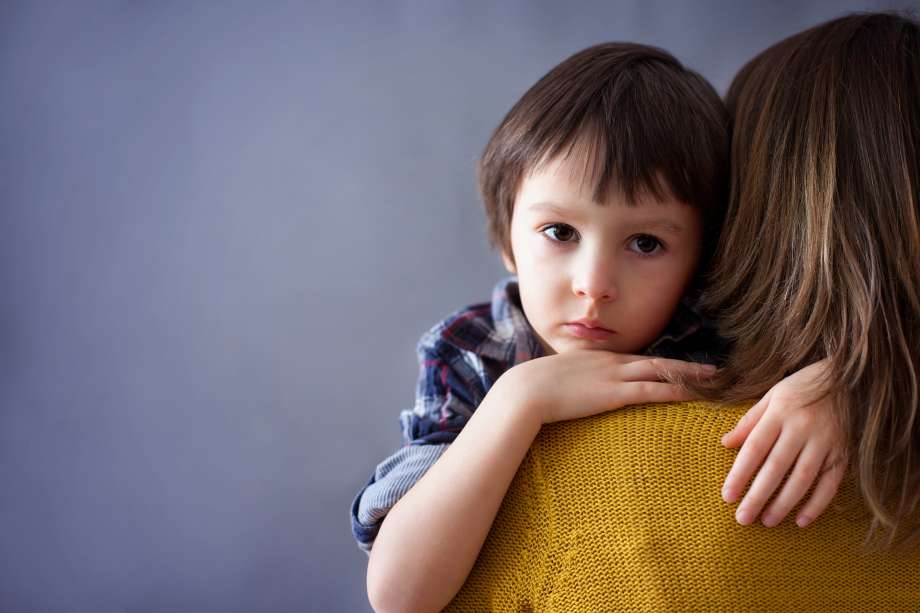Talking to Kids About Terrorism

From the terrorist attack at the Ariana Grande concert to the recent incidence in Charlottesville, senseless acts of violence have been on the rise. Kids are bound to find out about these terrorist attacks and feel confused about what they mean. So how do you talk with your kids about terrorism and these senseless acts of violence when you don't really know the answers yourself? Here are some tips on talking to kids about terrorism so they can start to understand:
Assume Kids Will Hear
According to Gayani DeSilva, M.D., Child and Adolescent Psychiatrist and author of A Psychiatrist's Guide: Helping Parents Reach Their Depressed Tween, it's safe to assume that your child will hear about events in the news, either by overhearing conversations between adults or catching a clip on television. "Children hear everything, even when they look like they are not paying attention," she says. So, don't try to hide the news from them. Lying to your kids erodes trust and kills open communication. Instead, ask kids what they know and let that springboard the conversation.
Open Up About It
According to Dr. JohnPaul Garrison, a clinical and forensic psychologist with a graduate certificate in Counterterrorism practicing in Roswell, Georgia, "The purpose of terrorism is to make people feel out of control and scared." To help children feel confident and in control, have a constructive dialogue about the news. "The importance of talking about things that scare us cannot be overstated. For people that have experienced trauma, those who process and talk about it, rather than ruminating about it, are less likely to develop PTSD," he says. Explain it at a level your child can understand, but don't shy away from any difficult questions she may ask.
Validate Their Feelings
In addition, ask your child how they feel about a situation and help identify their emotions. Be sure to support them in whatever they share with you, whether it's fear, uncertainty or even relief it didn't happen to them. "Validate their feelings and concerns, and then validate them more," says Dr. DeSilva. Parents can say things like, "Let's face this together" or "I share your fears, and I am determined to make sure that you are safe and secure."
Reassure Them
The scary thing about terrorism is that there really is no way to prepare for it. According to Dr. Garrison, instead of talking about precautions kids should take to protect themselves from terrorism, remind them that scary things may happen, but there are many people to keep them safe (such as police, parents, etc.). This will help boost their confidence and reassure them that it is possible to stay safe. Also remind them that acts of terrorism are extremely uncommon occurrences, especially when you consider how many people are in the world.
In addition to talking to kids about terrorism, have your child help you brainstorm some ways your family could help out those in need, such as holding a bake sale to raise money, or collecting supplies to send the area in need. Helping out will help your child feel empowered, even in the face of such senseless violence.
Featured image source: Bigstock